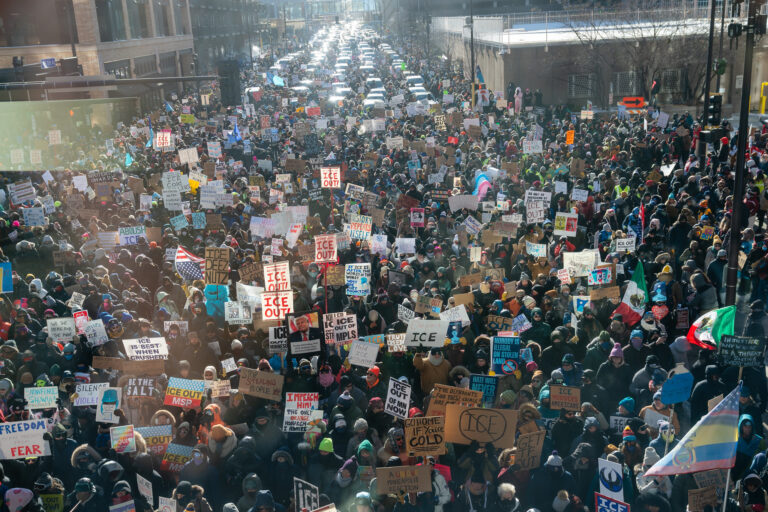
Benjamin Sachs is the Kestnbaum Professor of Labor and Industry at Harvard Law School and a leading expert in the field of labor law and labor relations. He is also faculty director of the Center for Labor and a Just Economy. Professor Sachs teaches courses in labor law, employment law, and law and social change, and his writing focuses on union organizing and unions in American politics. Prior to joining the Harvard faculty in 2008, Professor Sachs was the Joseph Goldstein Fellow at Yale Law School. From 2002-2006, he served as Assistant General Counsel of the Service Employees International Union (SEIU) in Washington, D.C. Professor Sachs graduated from Yale Law School in 1998, and served as a judicial law clerk to the Honorable Stephen Reinhardt of the United States Court of Appeals for the Ninth Circuit. His writing has appeared in the Harvard Law Review, the Yale Law Journal, the Columbia Law Review, the New York Times and elsewhere. Professor Sachs received the Yale Law School teaching award in 2007 and in 2013 received the Sacks-Freund Award for Teaching Excellence at Harvard Law School. He can be reached at [email protected].
I have a new essay in the Texas Law Review that aims to help explain how a legal regime like labor law can (if actually enforced) facilitate organizing and collective action. The essay – Law, Organizing, and Status Quo Vulnerability – draws on social movement theory that will be familiar to many readers, and it benefits from the work of OnLabor contributors Kate Andrias, Cindy Estlund, and Brishen Rogers. With the caveat that the essay’s suggestions for particular reforms may not be, um, practically relevant in the current political context, the piece is available here and the abstract is below:
In an era of deep economic and political inequality, academics and policymakers are paying renewed attention to the decline of unions and asking how the labor movement might be revived. For legal scholars, the question is how law can facilitate unionization among workers who desire it. This essay aims to expand our understanding of how labor law enables union organizing, and, by doing so, to provide insight into both labor law reform and the relationship between law and organizing more broadly. Drawing on social movement theory, the essay shows how law can facilitate organizing by rendering the status quo vulnerable to challenge. In the labor law context, this means that law works to enable unionization by demonstrating to workers that management – and the non-union system of workplace relations it supports – is susceptible to challenge and change. The essay interprets a range of labor law rights and remedies through the lens of this theory. Having done so, the essay then suggests a set of reforms for those interested in combatting inequality through unionization. It also suggests that law’s ability to demonstrate status quo vulnerability may explain the relationship between law and social movements across contexts.









Daily News & Commentary
Start your day with our roundup of the latest labor developments. See all
February 13
Sex workers in Nevada fight to become the nation’s first to unionize; industry groups push NLRB to establish a more business-friendly test for independent contractor status; and UFCW launches an anti-AI price setting in grocery store campaign.
February 12
Teamsters sue UPS over buyout program; flight attendants and pilots call for leadership change at American Airlines; and Argentina considers major labor reforms despite forceful opposition.
February 11
Hollywood begins negotiations for a new labor agreement with writers and actors; the EEOC launches an investigation into Nike’s DEI programs and potential discrimination against white workers; and Mayor Mamdani circulates a memo regarding the city’s Economic Development Corporation.
February 10
San Francisco teachers walk out; NLRB reverses course on SpaceX; NYC nurses secure tentative agreements.
February 9
FTC argues DEI is anticompetitive collusion, Supreme Court may decide scope of exception to forced arbitration, NJ pauses ABC test rule.
February 8
The Second Circuit rejects a constitutional challenge to the NLRB, pharmacy and lab technicians join a California healthcare strike, and the EEOC defends a single better-paid worker standard in Equal Pay Act suits.